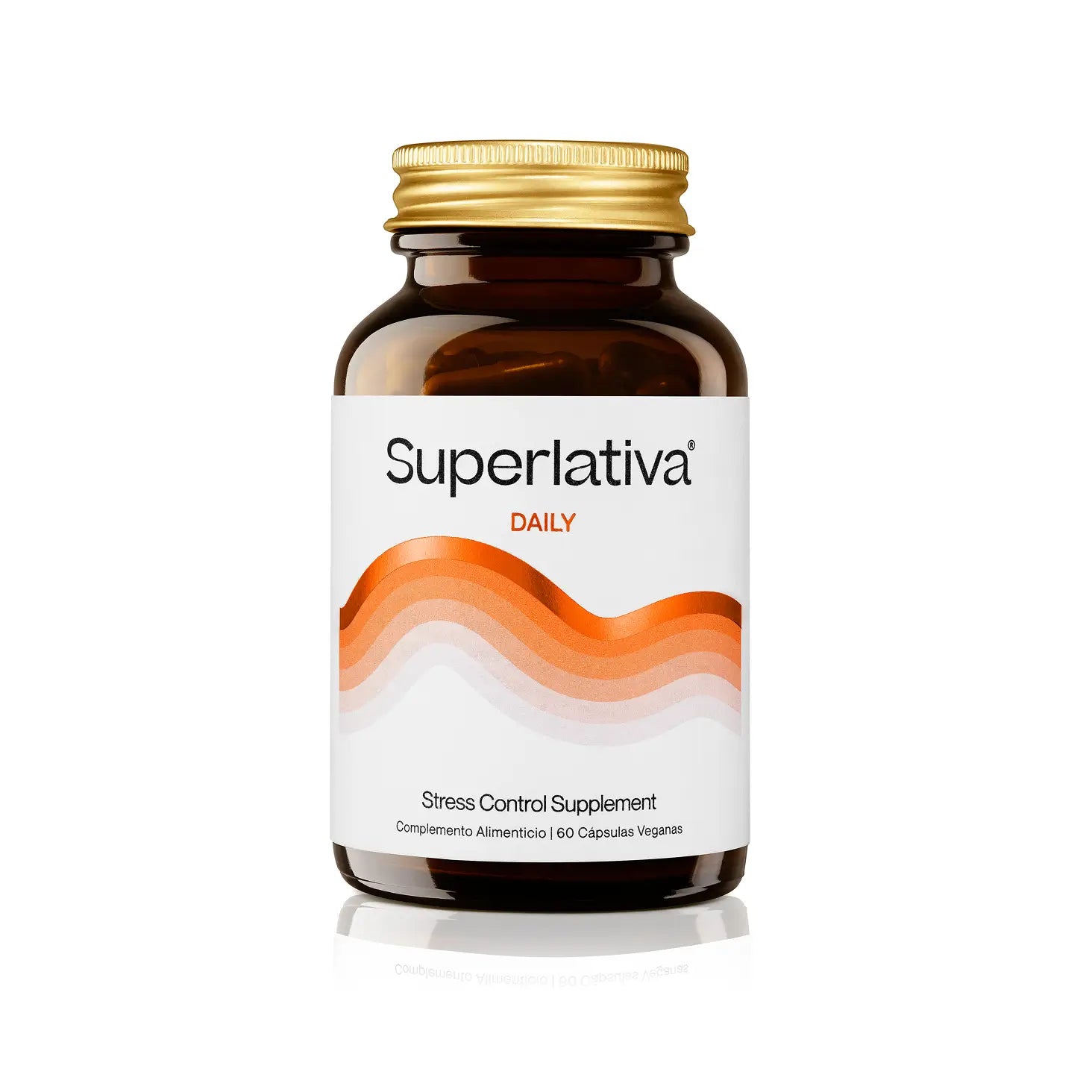Digestion is the process that begins when we eat food and consists of breaking down food from large particles into nutrients that provide us with energy and contribute to cell growth and repair. When we consume food, it is broken down in two ways: mechanical and chemical. The first is through our jaw and teeth when we chew. In the second, a set of enzymes are responsible for a much more complete breakdown. These digestive enzymes will vary depending on the macronutrient (carbohydrates, fats, or proteins) being digested. In this case, we are interested in the digestive enzyme responsible for protein breakdown: pepsin.
When a food bolus enters the stomach, it secretes a mixture of compounds known as "gastric juice," which contains water, mucus, hydrochloric acid, pepsin, and intrinsic factor. Of these five, pepsin is essential for the breakdown of proteins into peptides and amino acids, which are subsequently absorbed in the small intestine.
What is pepsin?
Pepsin is a digestive enzyme found in gastric juice. Its structure resembles a simple pellet. It comes from another enzyme called pepsinogen, which is more stable and less active in non-acidic solutions. Pepsin is formed when the pH becomes more acidic, around 1.5 to 2 in the stomach.
When pepsinogen is converted into pepsin, there is a drastic change in its structure, and this change cannot be easily reversed. For pepsin to work, it requires an acidic environment, and this is achieved thanks to the hydrochloric acid in the stomach.
Pepsin's activity depends on the acidity level. It remains stable up to a pH of at least 8. Within this range, it can be activated or deactivated as needed, ensuring that it is not harmful to the body at all times.
Benefits of pepsin
Pepsin plays a crucial role in food digestion, being one of the most important enzymes. In both its active and inactive forms, and even in its precursor, pepsinogen, it regulates catalytic function and the digestive process after eating.
When pepsin is present in our body, it creates the proper environment for digestion, allowing the food we eat to be broken down optimally. This enables the body to fully utilize all the nutrients present in food.
Studies have shown that pepsin has powerful enzymatic activity, especially in the degradation of nucleic acids. This means that when we eat protein-rich foods like eggs, meat, or seeds, pepsin breaks the bonds that hold molecular structures together, allowing the body to absorb and utilize the fragments resulting from decomposition.
In short, pepsin's ability to break down food molecules facilitates an efficient and less demanding digestive process. This, in turn, reduces the body's inflammatory response to the functioning of the digestive system.
How it works in the digestive system
The action of pepsin in the digestive system begins when the food bolus reaches the stomach and mixes with gastric juice. In the gastric lining, chief cells release the inactive form of pepsin, known as pepsinogen. This pepsinogen, in an acidic environment, is activated to become pepsin. The hydrochloric acid present in gastric juice is essential for this activation.
As the food bolus moves toward the duodenum, the pH increases, becoming less acidic. When the pH exceeds 6, pepsin returns to its inactive form. This ability to switch between forms is crucial and is especially studied in the context of laryngopharyngeal reflux.
Pepsin's potent enzymatic activity can pose a risk of autodigestion, so pepsin's ability to switch between active and inactive forms depending on pH is essential. Furthermore, the stomach has a protective mechanism, such as bicarbonate molecules in the mucosa, which neutralize hydrochloric acid and deactivate pepsin.
After its key role in breaking down the food bolus in the stomach, it continues to the small intestine, where digestion continues under the action of pancreatic enzymes such as trypsin, chymotrypsin, elastase, and carboxypeptidase.
How does pepsin facilitate digestion in a modern world?
Today, we follow very different eating patterns than our ancestors. Factors such as the accessibility of any product at any time of year and our fast-paced lifestyles lead us to opt for quick and convenient options, such as prepared foods or processed products, to replace breakfast, lunch, or dinner. While this may be practical, nutritionally it could become a problem, affecting our long-term health. Furthermore, since we live longer, our bodies are constantly exposed to factors that can damage and age them.
Faced with this reality and a growing global awareness of poor eating habits, it is increasingly common to experience digestive discomfort and supplementation. To maximize the absorption of nutrients from diet and supplements, efficient digestion is crucial. Pepsin plays an essential role in breaking down proteins, nucleic acids, and other components, facilitating the efficient assimilation of nutrients.
Our supplement with Pepsin: Digest ON
Fast-acting capsules to combat bloating and gas.
- Reduces symptoms of bloating, gas and heartburn.
- It helps digestion.
- Anti-inflammatory and antioxidant properties.
- Relieves abdominal pain.
Contains a patented Digezyme® multi-enzyme complex, pepsin, bromelain, and an Ayurvedic complex with licorice, turmeric, cinnamon, and ginger extracts. The synergy between these components reduces the inflammatory response and promotes nutrient breakdown for optimal absorption.
Protein Digestion: Why Is It Important?
Pepsin begins its action in the stomach, breaking down proteins into shorter polypeptides. The process continues in the small intestine with pancreatic enzymes such as trypsin and chymotrypsin, breaking down the polypeptides into even smaller fragments. These fragments are absorbed into the bloodstream, nourishing the body and participating in protein synthesis.
Conclusion
Make the most of the nutrients in your diet. Pepsin is a key ally for optimal intestinal health, facilitating efficient digestion and allowing for generous nutrient absorption. Don't be afraid to enjoy a variety of foods; pepsin makes your intake beneficial for your body and a pleasant experience both personally and socially. Take care of your body and improve digestion with the help of pepsin!
Bibliographic references
- Pepsin like enzyme in macrophages and its role in the immune system. - PMC (nih.gov) (pepsin and immune system)
- 0057.tif (nih.gov) (what pepsin is and where it comes from)
- A review on the immobilization of pepsin: A Lys-poor enzyme that is unstable at alkaline pH values (ua.es) (pepsin unstable enzyme)
- R08Y2020N03A0181.pdf (minervamedica.it) (Pepsin for diagnosing reflux)
- ON THE MECHANISM OF PEPSIN ACTION* (pnas.org) (how pepsin works and acts)
- Digestion of Nucleic Acids Starts in the Stomach - PMC (nih.gov) (pepsin and its benefits/functions, supplementation, digestion)
- Enzymatic activity in the presence of surfactants commonly used in dissolution media, Part 1: Pepsin - PMC (nih.gov) (how pepsin works)
- https://www.ncbi.nlm.nih.gov/books/NBK537005/ (physiology, use, benefits/properties of pepsin, digestive health)









